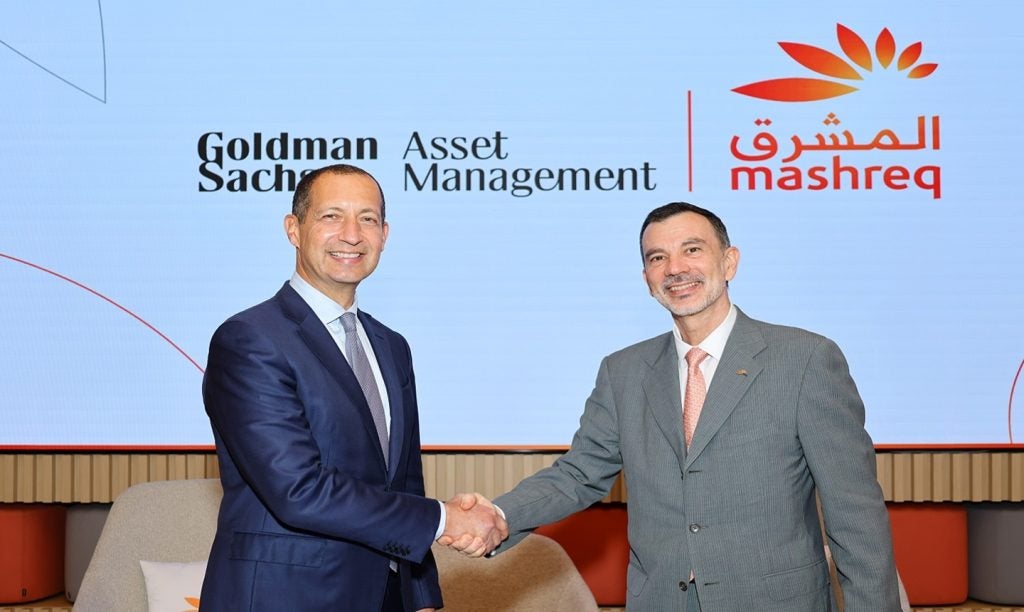
The Bank of England (BoE) has warned that heightened geopolitical tensions, including the repercussions of US tariffs, pose a threat to the stability of the financial system.
“A major shift in the nature and predictability of global trading arrangements could harm financial stability by depressing growth,” the BoE’s Financial Policy Committee stated.
It emphasised that global risks are especially relevant to the UK’s financial stability, given the country’s open economy and “large financial sector.”
The central bank further noted that the “likelihood” and “potential impact” of global shocks significantly affecting the UK’s financial landscape had increased.
“The global risk environment has deteriorated, and uncertainty has intensified,” it said.
The BoE particularly raised concerns about the effect of the tensions on private equity investments.
Nevertheless, it noted that the UK banking system remains “well capitalised” and that its resilience continues to be supported by “strong” asset quality.
According to the FPC, the UK banking sector has the ability to support both households and businesses, even if economic and financial conditions become significantly worse than currently anticipated.
The BoE said it will continuously assess the UK banking sector’s “resilience”, including through the 2025 Bank Capital Stress Test launched last month that targets the top seven UK banks and building societies.
This test replaces the previous Annual Cyclical Scenario (ACS) and is designed to evaluate the resilience of the banking sector under a hypothetical stress scenario involving declining asset prices, severe recessions, and rising global interest rates.
These comments come in the wake of US President Trump’s implementation of a reciprocal tariff policy, which rattled financial markets.
Shortly thereafter, however, Trump announced a three-month pause on all reciprocal tariffs, except those affecting China.
In a social media post, he stated that tariffs on China would rise to 125% from 104%, after China’s retaliatory tariffs.







